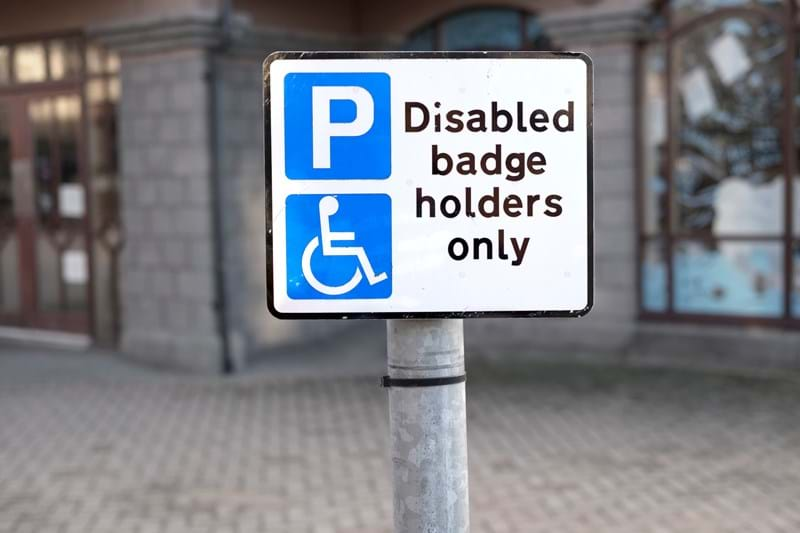Top Tips
Blue Badges available for people suffering from mental illness

People living with mental health conditions will be entitled to Blue Badge parking permits from 2019 following a big overhaul of the disabled parking system.
Why is the Blue Badge criteria changing to help mental health sufferers?
Although people with mental health conditions can currently apply for a Blue Badge, the current rules for assigning the badge is open to interpretation and lacks clarity.
The new criteria will aim to give clear and consistent guidelines on Blue Badge eligibility for people suffering from a mental illness across the whole of England.
The changes intend to streamline the process, putting an end to the area lottery whereby local authorities apply different eligibility criteria.
The Blue Badge overhaul is part of the government’s drive for greater parity between physical and mental health conditions.
What are the Blue Badge scheme changes?
The Blue Badge scheme currently means those with physical disabilities can park closer to their destination than other drivers – as they are less able to take public transport or walk long distances.
The changes will now be extended to people living with less visible conditions such as mental health.
The new Blue Badge criteria will ensure eligibility for people who:
- Cannot undertake a journey without there being a risk of serious harm to their health or safety or that of any other person.
- Cannot undertake a journey without it causing them very considerable psychological distress
- Have very considerable difficulty when walking (both the physical act and experience of walking).
When can people with a mental health condition get a blue badge?
You can apply now, but the new Blue Badge criteria, which could benefit millions of people suffering from mental illness, will come into effect in early 2019.
The Department for Transport will now work with key stakeholders to develop new guidance for administrating Blue Badge applications when these changes come into play.
What is the blue badge scheme?
People deemed eligible for the Blue Badge Scheme can access goods, services, and other facilities by allowing them to park close to their destination.
The scheme provides a national range of on-street parking concessions for Blue Badge holders who are traveling either as a driver or passenger.
Blue badge benefits allow holders to:
- Park without charge or time limits at on-street disabled bays, on-street parking meters and pay and display machines.
- Park on yellow lines for up to three hours, unless a ban on loading or unloading is in force.
